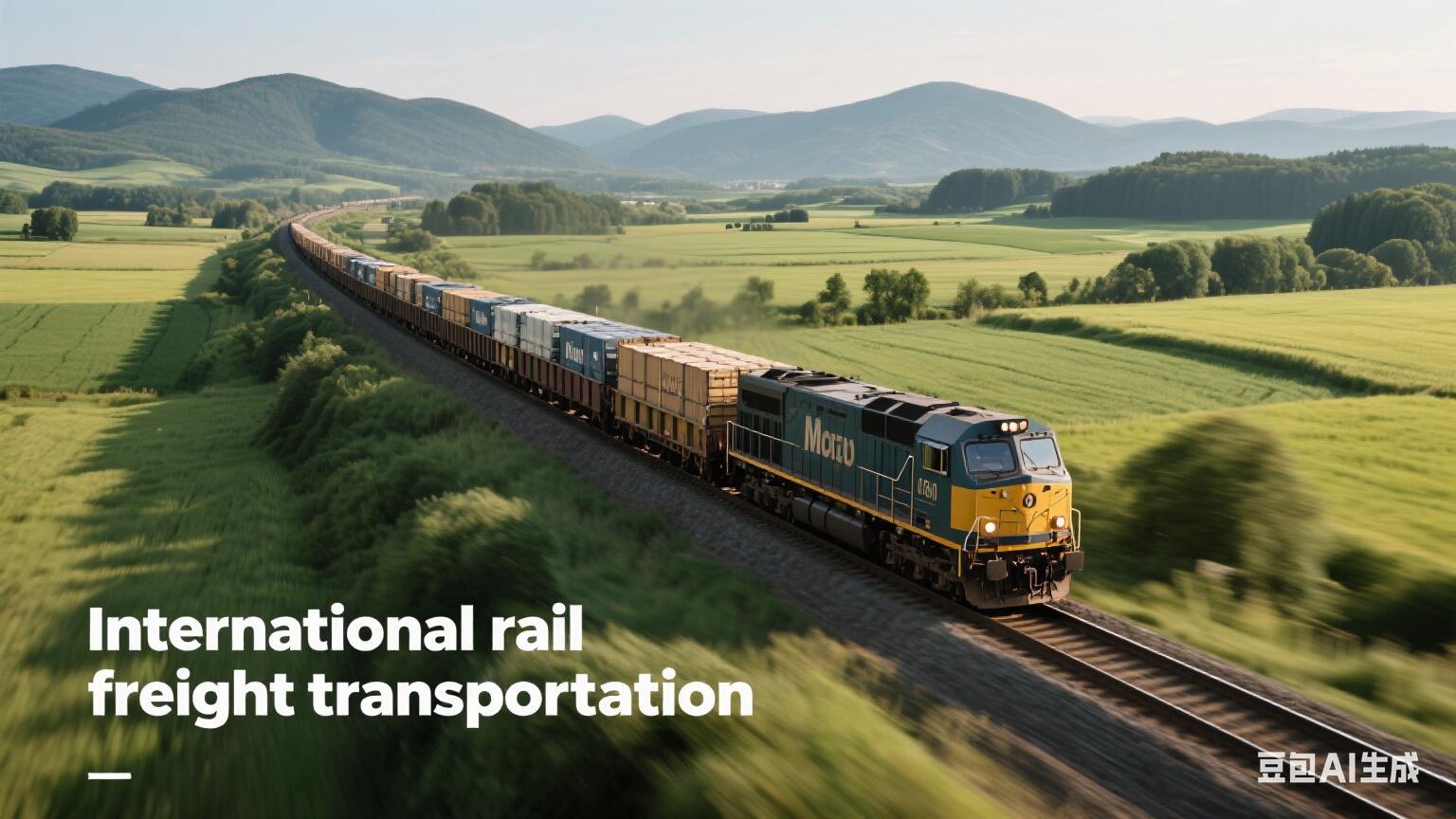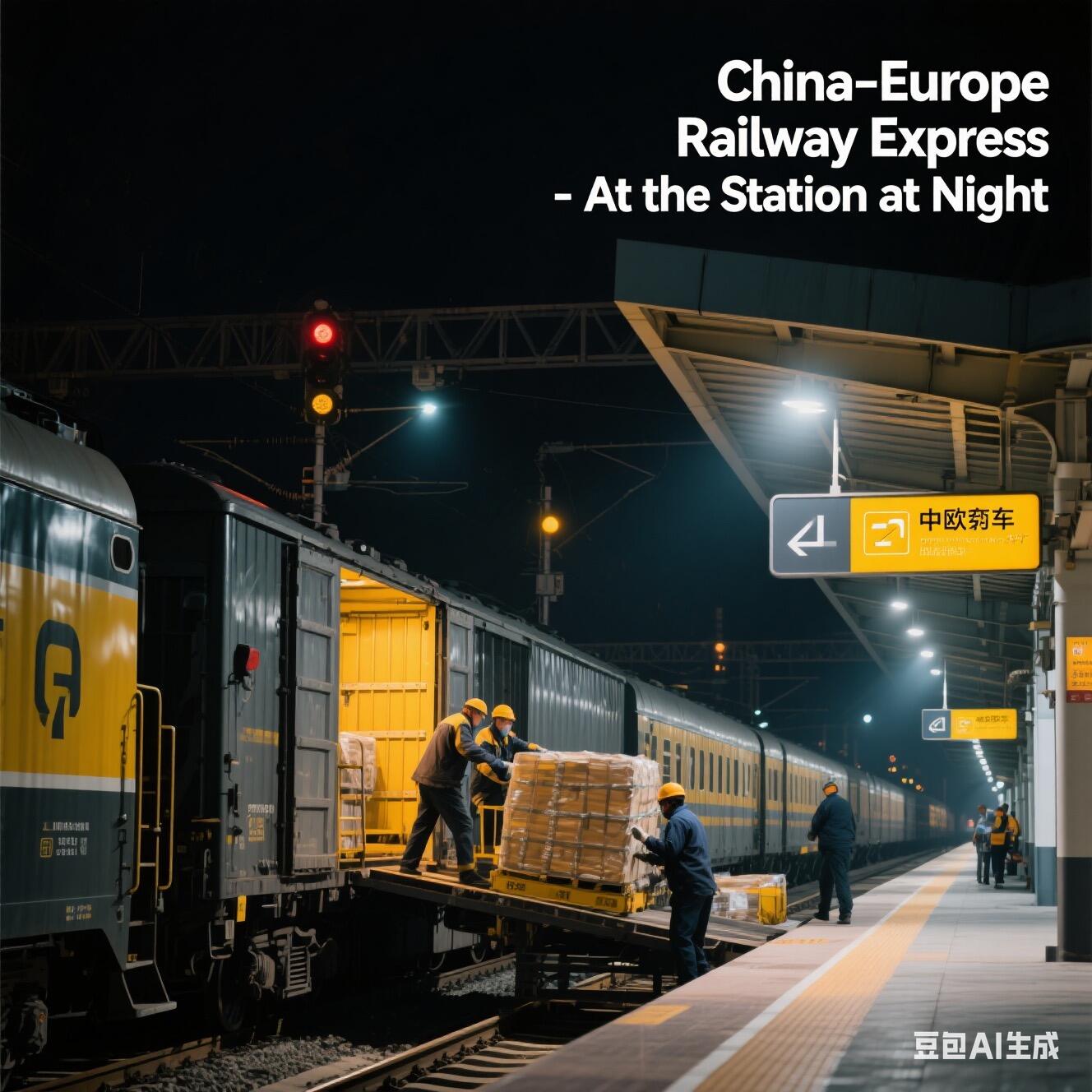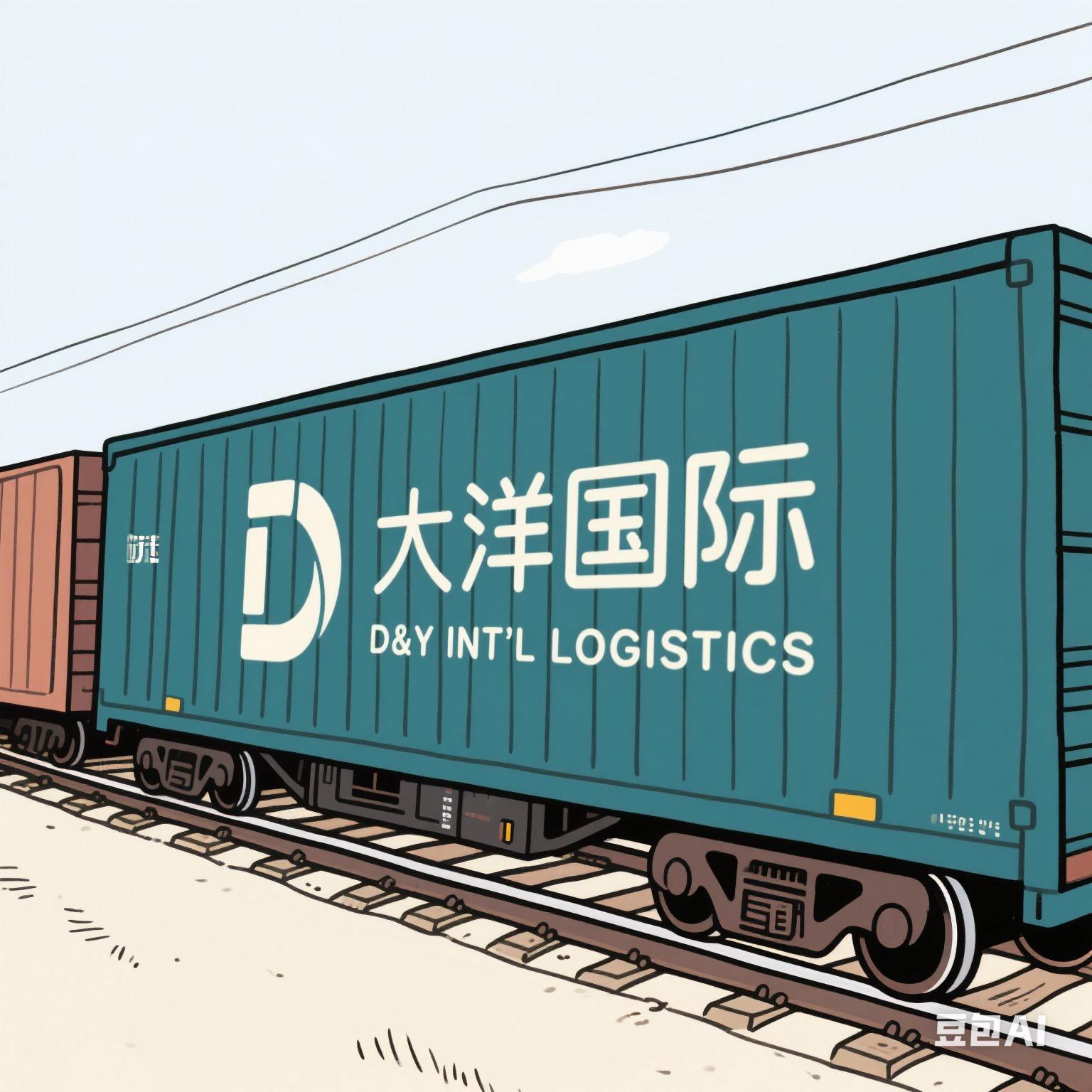railway freight forwarding
Railway freight forwarding is a comprehensive logistics service that facilitates the efficient movement of goods via rail networks across domestic and international routes. This vital transportation method combines traditional rail transport with modern logistics management, offering businesses a reliable solution for moving large volumes of cargo. The service encompasses various crucial functions, including cargo consolidation, route planning, documentation handling, customs clearance, and end-to-end shipment tracking. Modern railway freight forwarding utilizes advanced technological features such as real-time tracking systems, automated loading and unloading equipment, and sophisticated cargo management software. These technologies ensure precise scheduling, optimal space utilization, and seamless coordination between different transportation modes. The service particularly excels in handling bulk commodities, containerized cargo, and specialized equipment. With increasing emphasis on environmental sustainability, railway freight forwarding has emerged as a key player in green logistics, offering significantly lower carbon emissions compared to road transport. The system operates through an intricate network of terminals, interchange points, and distribution centers, enabling efficient cargo movement across vast distances. Additionally, it incorporates intermodal capabilities, allowing for smooth transitions between rail and other transportation modes, thereby ensuring complete door-to-door delivery solutions.


